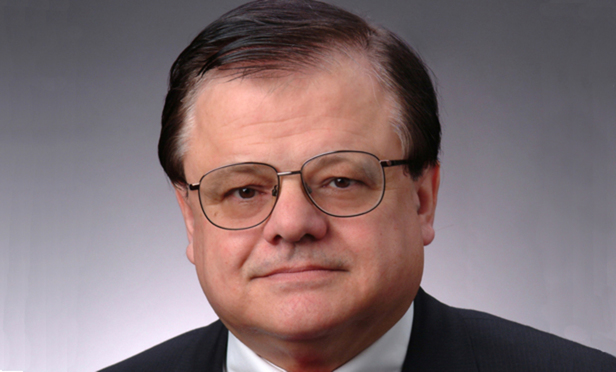In my last column, I started a discussion of evidence decisions from the 2016-2017 Term of the Court of Appeals and the four Appellate Division departments which were important due to their practical impact upon the trial of civil and criminal cases and which might be otherwise overlooked by the bench and bar due to their less-heralded nature. Michael J. Hutter, “Notable Decisions From The 2016-2017 Term,” NYLJ, Aug. 3, 2017, p. 3, col. 3. This column is a continuation of that discussion, focusing on three decisions each of which have several practical takeaways.
‘Speaking Agent’ Hearsay Exception
New York’s “speaking agent” exception to the hearsay rule permits an out-of-court statement made by an employee or agent of a party to be admissible against the party if the statement is inconsistent with the party’s position in the proceeding and the employee or agent was authorized to make a statement concerning the matter involved. See Guide to New York Evidence Rule 8.03(1)(c) (Admissibility of Hearsay) (Guide).1 The fact that the employee or agent is authorized “to act” for the employer or principal is not enough; the employee or agent must be authorized to “speak.” See Michael J. Hutter, “‘Speaking Agent’ Hearsay Exception: Time to Clarify If Not Abandon,” NYLJ, June 6, 2013, p. 3, col. 3 (noting that New York law is contrary to Federal Rule of Evidence 801(d)(2)(D), which has no such speaking authority requirement). Two decisions addressed this rule, one directly and another indirectly.



